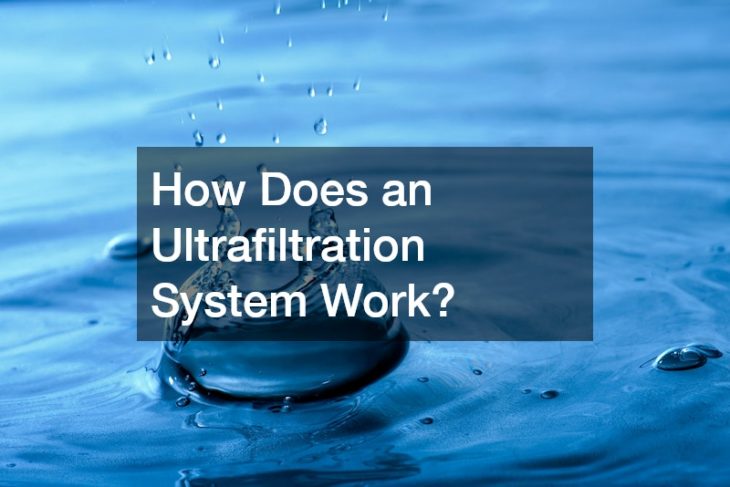
 Owning a home comes with a startling number of responsibilities. Though many of them are related to renovation (more than four out of five homeowners are upgrading their bathrooms) or appliance repair, Canadian residents have become concerned over basement flooding. While there are a multitude of causes that attribute to wet basements, a new bill has been proposed for those who find themselves looking at the average $43,000 dollar cost: sue fossil fuel firms who have been contributing to the climate change that caused the flooding in the first place.
Owning a home comes with a startling number of responsibilities. Though many of them are related to renovation (more than four out of five homeowners are upgrading their bathrooms) or appliance repair, Canadian residents have become concerned over basement flooding. While there are a multitude of causes that attribute to wet basements, a new bill has been proposed for those who find themselves looking at the average $43,000 dollar cost: sue fossil fuel firms who have been contributing to the climate change that caused the flooding in the first place.
Canada Pushes For Climate Change Compensation
Peter Tabuns, an Ontario member of provincial parliament, suggested Bill 37 as a response to those whose properties are at such a high risk of flood that the owners cannot buy overland flood at a reasonable price.
“When thousands of people’s basements fill up with sewage for the third time in a row after a major storm has overwhelmed the sewer system, who is going to pay,” he asked. “When people who are already struggling to pay their bills are hauling out waterlogged couches and other furniture to put on the front lawn, who is going to pay to help replace that furniture?”
Bill 37 is not only limited to private homeowners: it would let governments, companies, and individuals alike sue gas and coal companies in Ontario for several types of damages, including “economic loss or physical loss of property, infrastructure, structures, resources, or other assets” as well as the cost of insurance to begin with. It is based on the same legislation currently in place that allows those suffering from illnesses as a result of smoking cigarettes to sue tobacco companies.
The Realities In America
Though it is unclear whether or not this bill will be passed, one thing is for sure: Americans will not have such a cushion when it comes to their own basement flooding. Instead, we will do as we always have — pull ourselves up by our bootstraps and get to work protecting ourselves against the inevitable.
If you’re looking to safeguard your home from the risk of flooding, there are two main things you should focus on: the cause and the coating. Surprisingly, clogged gutters are the number one source of flooded basements, so you should spend a good amount of time examining the state of yours to ensure they’re functioning as they should, and are funneling water away from your home. Installing covered gutters are one of the best ways to protect your home in the future (not to mention the time cut on spring cleaning).
When it comes to a waterproof coating, you have a few options to choose from. If you’re looking for a complete sealant (which we recommend) you’ll find two primary options: epoxy and polyaspartic. Though epoxy is easier to apply (especially in a DIY sense), they take between six and eight hours to fully cure and require multiple coats — this means you won’t have access to your basement for a few days.
Polyaspartic coatings, on the other hand, usually harden within five minutes and provide a solid, waterproof seal, although that quick cure means a professional is needed for installation. They’re also, as a result of their strength and the need for a professional application, generally more expensive than epoxy coatings. Ultimately, the choice comes down to your personal needs and desires. America may not have the ability to go after multi-billion dollar companies as a result of their personal flooding, but — as always — we’ll find a way forward.













